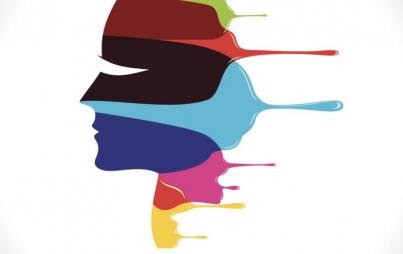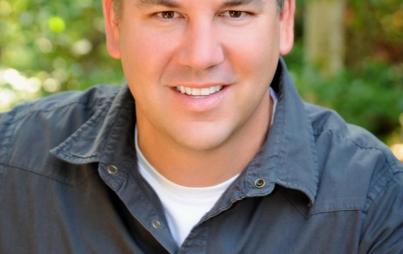Cosmetic surgery
Cosmetic surgery is a highly contested topic; some put it on par with self-mutilation and a psychosis, while others believe it's just another means to achieving emotional well-being.
According to the American Society for Aesthetic Plastic Surgery, more than 11 million surgical and nonsurgical cosmetic procedures were undertaken in 2013 alone. Since 1997, there has been a 279% increase in the total number of cosmetic procedures.
Is this recent surge of surgery due to the ubiquity of medical advancements and lower costs of procedures, or are societal pressures surrounding beauty/body image shifting and intensifying?
To explore these complicated notions of self-perception and modification we asked those closest to the knife's edge—from psychologists and plastic surgeons to those who chose cosmetic surgery—to weigh-in on this question.
Here's what they had to say.
When I lost sensitivity in my breasts and my husband didn’t show excitement about the augmentation, I got a little insecure.
My decision to fix my nose was mine alone. I didn’t feel peer pressure or that I would look awful for the rest of my life without getting it fixed.
Along with technological advances in the field, the last decades have brought about a major shift in attitudes toward plastic surgery.
No doubt there are times when cosmetic surgery provides life-changing experiences. But I oppose surgery that promotes homogenized beauty.
Unfortunately, all too often the media presents the most obscene in aesthetic plastic surgery.
Since man and woman first saw their face in a pool of water, body image has been an integral, inexorable element within the psyche of humankind.
Before the surgery, buying bikinis, bras or even a top was torment. Nothing would fit properly, I was always uncomfortable, and I suffered from low self-esteem.







